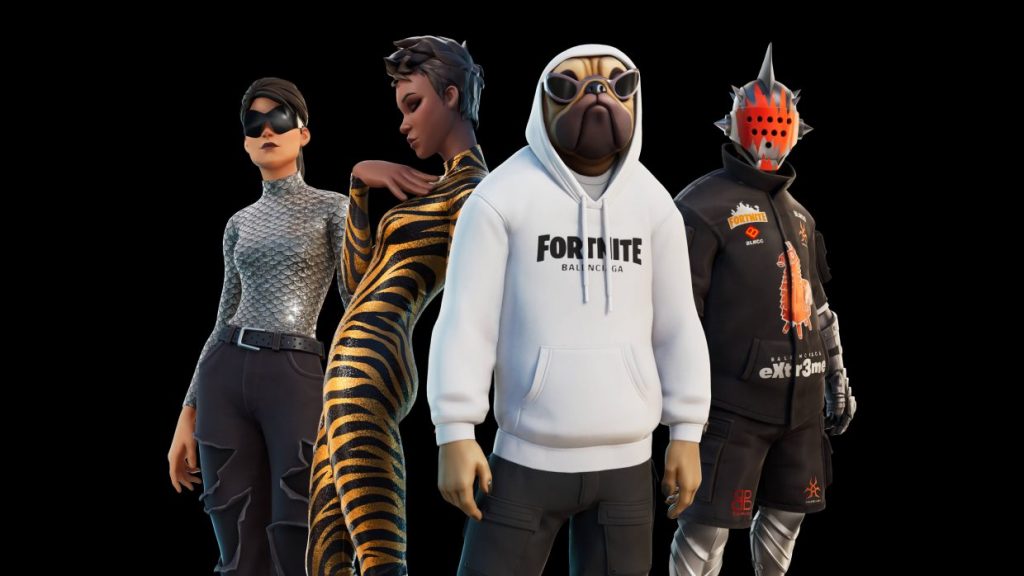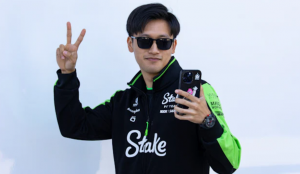NFTs? Skins? CryptoPunks? You’re already fed up with it all? You think it’s just noise? For luxury, it’s more exciting than you think.

Key Takeaways:
- With Facebook changing its name to Meta, many are rolling their eyes and saying out loud that they are fed up with the crypto / metaverse / NFT fad. The issue though is that it’s unlikely a fad…
- No one really needs another handbag or watch but consumers want to feel emotions and want to feel special. The great thing about luxury NFTs as well is they are bound to draw quite a different crowd to brands.
- After having been on the backfoot on sustainability and second-hand sales, maybe that’s why, for once, the luxury sector doesn’t seem to be so late on experimenting with the virtual world.
As I explain in my book Future Luxe, the next generation could well spend a lot of time (and money) in the world of AI and dreams. In the 1960s, legendary sci-fi author Philip K. Dick wrote a story called “We Can Remember It for You Wholesale,” which was adapted for the 1990 movie Total Recall. In it, Arnold Schwarzenegger’s character is a client of Rekall, a company that provides memory implants of vacations. Things get out of control when he can’t discern dream from reality and eventually realizes that he is a secret agent. The possibility of buying dreams, virtual vacations, or memories of experiences is one that will be worth paying for, and you won’t need be a secret agent to participate.
One of the projections I made in the book was that Louis Vuitton, still one of the largest and most influential brands in luxury, will diversify into travel in a big way, not just selling luggage and city guides, like it does today, but also selling VR packages for consumers eager to discover the world in style without leaving their living room. Nike’s famous motto “the consumer decides” is once again relevant here. Technology will come to help consumers experience brands in an even more thorough manner.
For example, the consumer wants to be able to authenticate products and possibly re-sell them? The luxury industry (LVMH, Cartier, Prada, OTB, and likely more to come) develops a consortium — called Aura — around blockchain technology to enable it. Continue to read the full article here





